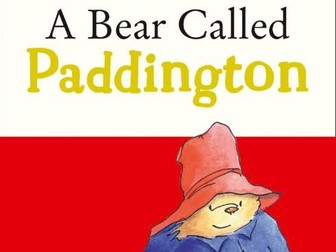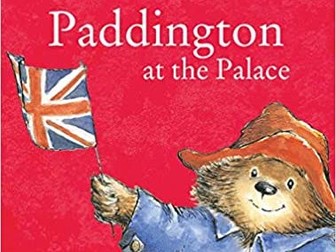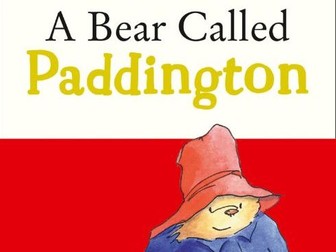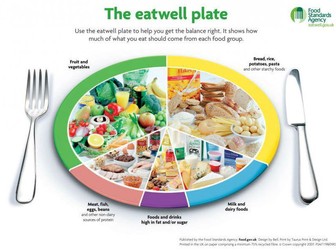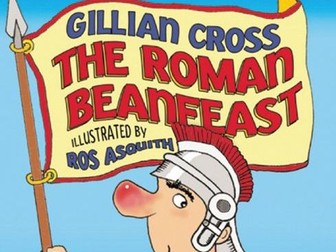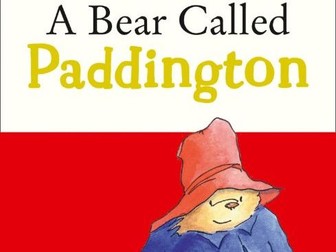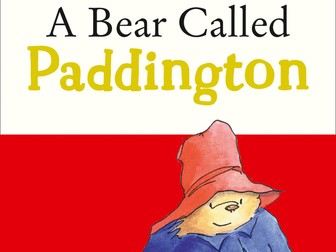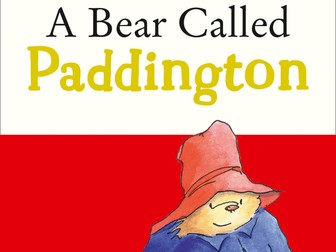Paddington unit English letter writing Week 1 (Year 2)
Paddington unit English letter writing Week 1
Examples of letters to and from Paddington
Features lesson and grammar lesson differentiated
4 lessons planned and resourced with an extension
Powerpoints for lessons
National curriculum
In writing, pupils at the beginning of year 2 should be able to compose individual
sentences orally and then write them down. They should be able to spell correctly many of the words covered in year 1 (see English Appendix 1). They should also be able to make phonically plausible attempts to spell words they have not yet learnt. Finally, they should be able to form individual letters correctly, so establishing good handwriting habits from the
beginning. It is important to recognise that pupils begin to meet extra challenges in terms of spelling during year 2. Increasingly, they should learn that there is not always an obvious connection between the way a word is said and the way it is spelt. Variations include different ways of spelling the same sound, the use of so-called silent letters and groups of letters in some words and, sometimes, spelling that has become separated from the way that words are now pronounced, such as the ‘le’ ending in table. Pupils’ motor skills also need to be sufficiently advanced for them to write down ideas that they may be able to
compose orally. In addition, writing is intrinsically harder than reading: pupils are likely to be able to read and understand more complex writing (in terms of its vocabulary and structure) than they are capable of producing themselves.
